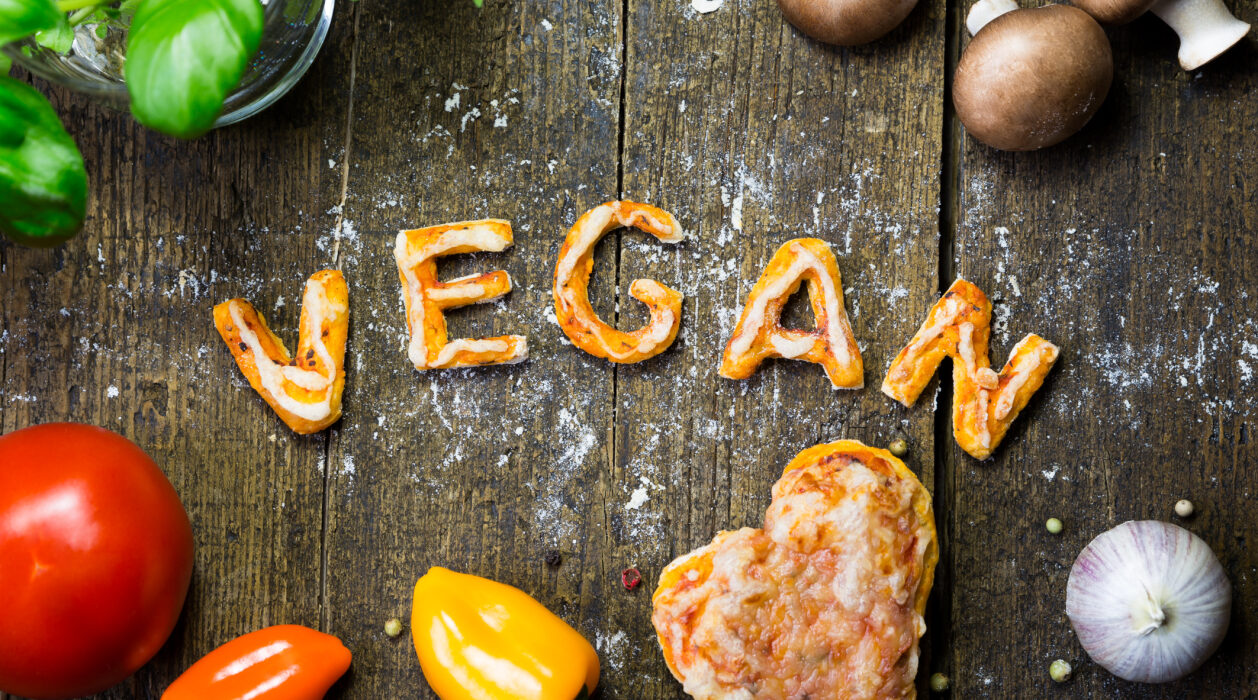Introduction:
A vibrant vegan lifestyle, commonly referred to as veganism, powerfully excludes animal products, driven by ethical, health-conscious, and environmentally friendly principles.
What is veganism?
The term “vegan” originated in 1944 when a group broke away from the Leicester Vegetarian Society. They abstained from consuming meat, dairy, eggs, and all animal-derived products. The term “vegan” is derived from “vegetarian.”
Veganism, as defined by the Vegan Society, seeks to exclude all forms of animal exploitation and cruelty. It extends beyond diet to encompass various aspects of life, such as clothing, cosmetics, and leisure activities.
Vegans aim to avoid animal-derived products in clothing, furniture, and bedding, and may choose animal sanctuaries over zoos or circuses.

Why do people go vegan?
Individuals often avoid animal products for various reasons:
Ethics: Ethical concerns drive many to view all animals as conscious beings deserving of life and freedom, opposing the exploitation of animals for food, clothing, or other purposes.
Health: Some opt for a vegan diet due to its potential health benefits, including reduced risks of cancer, heart disease, and type 2 diabetes associated with high meat consumption. However, careful planning is crucial to ensure adequate intake of essential nutrients typically found in animal products.
Environment: Concerns about environmental impact lead some to avoid animal products, as animal agriculture contributes significantly to greenhouse gas emissions and climate change.
Overall, individuals may choose to avoid animal products for ethical, health, or environmental reasons, or a combination of these factors.
Types of veganism
It’s important to understand that a plant-based diet doesn’t guarantee optimal health automatically.
The healthiness of a plant-based diet depends on the specific foods chosen. While some variations offer health advantages, others may not support overall well-being.
In my clinical experience, I’ve encountered various plant-based diet categories, each with unique characteristics and health implications.
Different plant-based diets cater to diverse preferences:
1. Dietary individuals avoid animal products in their diet but may use them in other aspects of life.
2. Whole-food enthusiasts prioritize minimally processed foods like fruits, vegetables, whole grains, legumes, nuts, and seeds.
3. “Junk-food” eaters rely heavily on processed plant-based foods, including vegan meats and desserts.
4. Raw-food consumers opt for raw or minimally cooked foods.
5. Low-fat raw-food adherents primarily consume fruit while limiting high-fat foods.
While whole-food plant-based diets often offer health benefits, consulting a healthcare professional can personalize the approach.
What do vegans eat?
When following a vegan diet, there’s a plethora of delicious and nutritious foods to enjoy beyond just salads and tofu. Here are some essential foods commonly consumed by vegans:
- Beans, peas, and lentils: Including red, brown, or green lentils, chickpeas, black-eyed peas, black beans, white beans, and kidney beans.
- Soy products: Such as fortified soy milk, tofu, tempeh, and natto.
- Nuts: Such as peanuts, almonds, cashews, and their respective butters.
- Seeds: Including sunflower seeds, sesame seeds, flaxseeds, hemp seeds, and chia seeds, as well as their respective butters.
- Whole grains: Such as quinoa, whole wheat, oats, and brown or wild rice, along with products derived from them like whole grain bread, crackers, and pasta.
- Starchy vegetables: Like potatoes, sweet potatoes, corn, squash, beets, and turnips.
- Non-starchy vegetables: Including broccoli, cabbage, asparagus, radishes, leafy greens, and others, available raw, frozen, canned, dried, or pureed.
- Fruits: Such as apples, pears, bananas, berries, mangoes, pineapples, oranges, and tangerines, available fresh, frozen, canned, dried, or pureed.
- Other plant-based foods: Such as algae, nutritional yeast, fortified plant milks and yogurts, and natural sweeteners like maple syrup.
Foods that vegans avoid
Vegans avoid all foods of animal origin. These include:
- Meat and fish: such as beef, chicken, duck, fish, and shellfish
- Eggs: whole eggs and foods that contain them, such as bakery products
- Dairy: milk, cheese, butter, and cream, as well as foods made using these ingredients
- Other animal-derived ingredients: such as honey, albumin, casein, carmine, gelatin, pepsin, shellac, isinglass, and whey
Checking food labels is generally the best way to determine whether a food contains animal-derived ingredients. Many vegan foods are now also labeled as such, making it easier to recognize them when you’re shopping.
The bottom line
Those who avoid animal products for ethical, health, or environmental reasons replace them with plant-based foods like fruits, vegetables, grains, legumes, nuts, and seeds. Transitioning to this diet is often simpler than expected but requires nutrition knowledge. Consider consulting a registered dietitian for guidance.
✳ Hey there, it’s Onkar Gill
🔺 A Supply Chain Expert!
✅ Let’s work together to take the procurement game to the next level!”
Like this post?
Want to see more stuff?
🔔 Follow Onkar Gill
Connect with me








Leave feedback about this